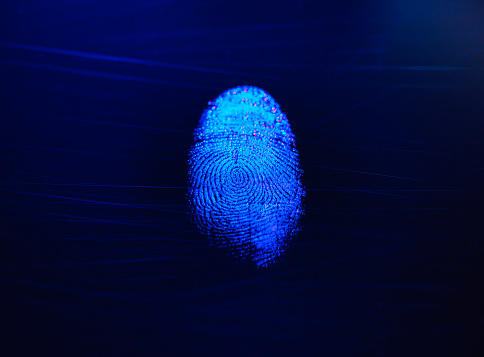In February 2018, Jeremy Lee — an Australian man — was fired from his job after he refused to use the company’s new fingerprint scanners to sign in and out of work. Now, Lee has won a groundbreaking appeal against his former employer, Superior Wood Pty Ltd.
Lee filed a suit with Australia’s Fair Work Commission, alleging that he had been unfairly fired. According to Business Insider, the commissioner who originally reviewed the case sided with Superior Wood:
“Lee filed a suit with Australia’s Fair Work Commission in March 2018, claiming he was unfairly dismissed from the company. The commissioner reviewing the case in June ruled in favor of Superior Wood, concluding that the fingerprinting policy was reasonable and therefore employees were obliged to comply.”
However, Lee decided to appeal the decision. His claim centered around appealing to privacy laws, by stating nobody could force him to give up his biometric data. According to the court document:
“At the heart of the matter is Mr Lee’s claim of ownership of the biometric data contained within his fingerprint. He submits that biometric data is sensitive personal information under the Privacy Act1988 (Privacy Act); that Superior Wood was not entitled to require that information from him; and that his refusal to give the information to Superior Wood was not a valid reason for his dismissal.”
On May 1, 2019, the commission ended up ruling in Lee’s favor, finding that he had been wrongfully dismissed. The court also accepted Lee’s concerns regarding whether the information collected would be shared with third parties.
“We accept Mr Lee’s submission that once biometric information is digitized, it may be very difficult to contain its use by third parties, including for commercial purposes,” the court documents stated.
Another issue Lee had involved whether or not the data captured by the scanners could be “reproduced in the form of a fingerprint.” The court documents noted, “Superior Wood’s rejection of Mr Lee’s concerns on this basis was misplaced.” The court documents went on to say, “it was data unique to the individual and derived from that individual’s biometric characteristics, above and beneath the skin. It was data that Mr Lee was entitled to seek to protect.”
This is a big case because biometric data collection has become increasingly common over the years. Lee’s case shows that people do have a right to protect that information. After all, biometric information is personal, and it’s not something that can be changed.

